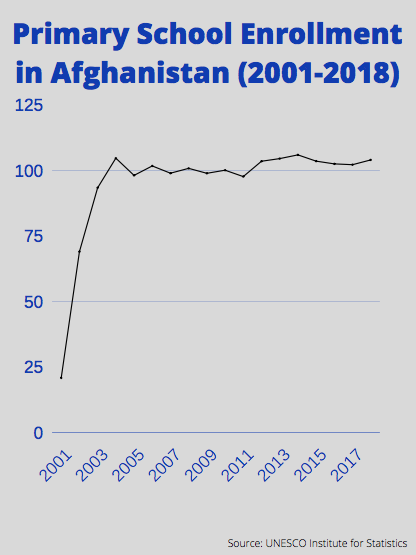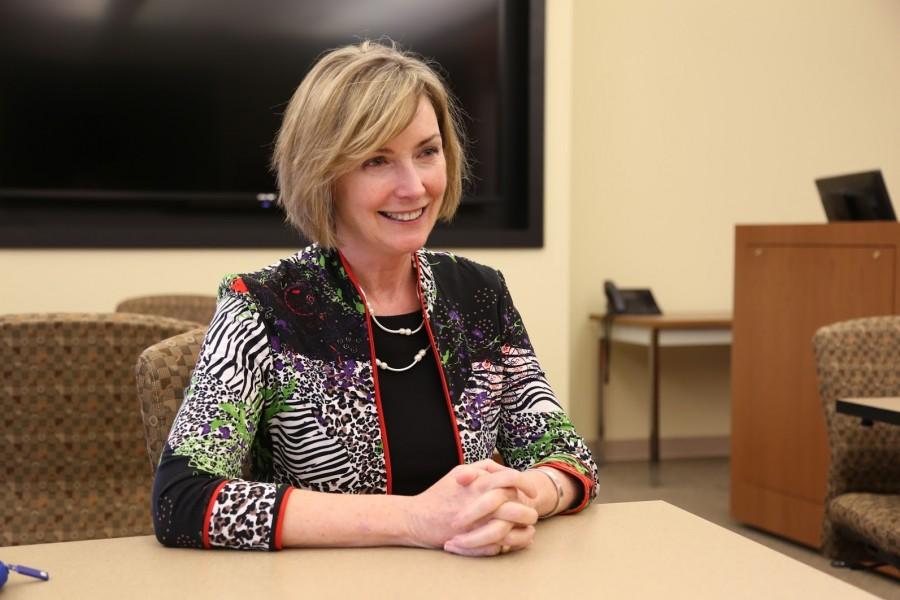Choosing education over a day’s worth of meals isn’t something many Marquette students think about. For students in developing countries, however, education is so valuable that some are willing to sacrifice for the opportunity to learn.
Jesuit Commons: Higher Education at the Margins is a global organization that digitally networks universities and institutions to people in developing countries who struggle to access higher education.
The organization operates in a number of countries all around the globe, including Syria, Afghanistan and the Philippines. Since it began in 2010, the organization enrolled more than 1,966 students.
Mary McFarland, the founder and director of the commons, will visit Marquette to speak at the Heartland Conference on Feb. 19.
“Education is really a longer-term goal, (the students) value it so much,” said Eric Kowalik, instructional designer at Raynor Library. “(McFarland) shared a story once about a student who, when asked if they would choose education or food for the day, (said) they would choose education.”
Kowalik read a Conversation on Higher Education article in 2011 that McFarland wrote about the commons. He then contacted Heidi Schweizer, director of e-learning in the Center for Teaching and Learning. She was enthusiastic about the initiative and became Marquette’s liaison for it.
“We recently had developed The History of Africa course for online delivery with Chima Korieh (and) we contacted (the commons) and offered that course to them,” Schweizer said in an email. “And it snowballed from there.”
The program offers diplomas in liberal studies and community service learning tracks, which focus on fields such as health, education and English as a second language. Students can earn a 45-credit undergraduate degree.
Another Marquette course offered through the commons is Logic and Critical Thinking, designed by Stephen Plecnik, a graduate philosophy student.
Colleagues in the philosophy department introduced Plecnik to the program. In addition to developing the course, he also teaches it.
“It is a lot different but we do have assignments, quizzes – different things to try to keep those students engaged continuously,” Plecnik said. “It’s tough, but we try to keep them doing something every day.”
To combat the lack of access to the proper technology, the commons takes extensive measures to ensure that students have access to a computer lab.
“Before the program was offered in Kenya, the commons had to erect satellite towers so a signal could be transmitted to the computer lab in Kakuma, Kenya,” Schweizer said. “Just imagine the vision needed to say, ‘provide higher education to folks living totally on the margins of society and then go about erecting towers for Internet access as the first step.’”
Plecnik said he’s thrilled to see the impact his course has since he gets positive responses from his students. He cited a brief from the Marquette Global newsletter in which Muzabel Welongo, a commons student from the Democratic Republic of the Congo, said “the logic course changed (my) reasoning, as it had changed many of (my) fellow colleagues.”




